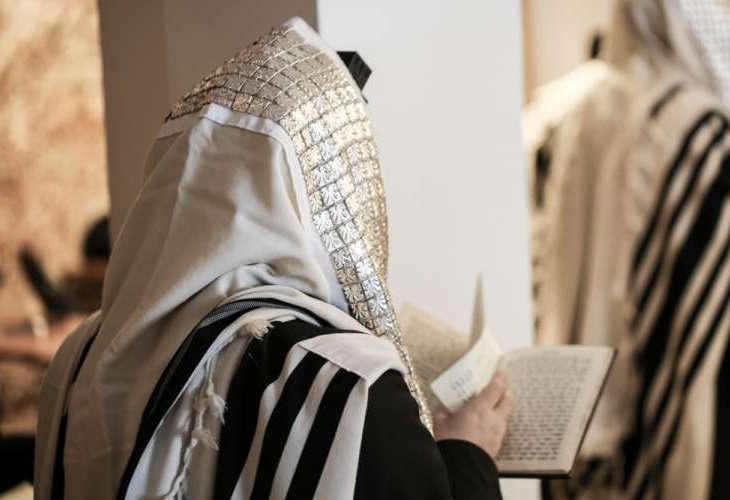Every Jewish day is anchored by three daily prayers: Shacharit (the morning prayer), Mincha (the afternoon prayer), and Maariv (the evening prayer). These prayers are not only essential expressions of faith, they are also bound by specific halachic (Jewish legal) timeframes. To fulfill the mitzvah of prayer properly, it’s important to recite each one at its designated time.
While there are many detailed laws and customs surrounding these times, here is a concise guide to the basic halachic framework for daily prayer. Since prayer times vary day by day, it is always wise to consult a rabbi with any questions—and to rely on accurate, daily-updated calendars rather than estimations.
Shacharit: The Morning Prayer
The time to pray Shacharit begins at sunrise and lasts until four halachic hours have passed. Unlike standard 60-minute hours, halachic hours adjust daily, depending on the length of daylight from sunrise to sunset. (Effectively, one halachic hour is equal to one-twelfth of all the hours between sunrise and sunset on a given day. In the winter, when there are fewer hours of daylight, halachic hours are shorter than 60 minutes. In the summer, they are longer than 60 minutes.)
If one misses the preferred time, Shacharit may still be recited until halachic midday—a time which also changes each day and does not necessarily fall at 12:00 noon.
For the recitation of Shema, the deadline is slightly earlier: it must be said within three halachic hours of sunrise.
Mincha: The Afternoon Prayer
Mincha may be recited from half an hour after halachic midday until sunset.
Maariv: The Evening Prayer
Maariv begins when three stars appear in the sky—about fifteen minutes after sunset—and ideally should be recited before halachic midnight. However, if one missed that time, the prayer may still be said until dawn.
What Are Halachic Hours?
Because prayer times rely on halachic hours, which shift daily with the sunrise and sunset, it's essential not to rely on memory or guesswork. Instead, one should consult daily halachic calendars or reliable apps that update prayer times every 24 hours.
These resources provide key time markers such as:
Dawn (Alot HaShachar)
Sunrise (Netz HaChamah)
End time for Shema
End time for Shacharit
Midday (Chatzot)
Mincha Gedolah (earliest time for Mincha)
Sunset (Shkiah)
Nightfall (Tzeit HaKochavim)
Halachic midnight
Dawn of the next day
By aligning our prayers with their proper times, we bring structure, mindfulness, and sanctity into each day. So check your local halachic times daily—and embrace the rhythm of prayer as it was meant to be.


